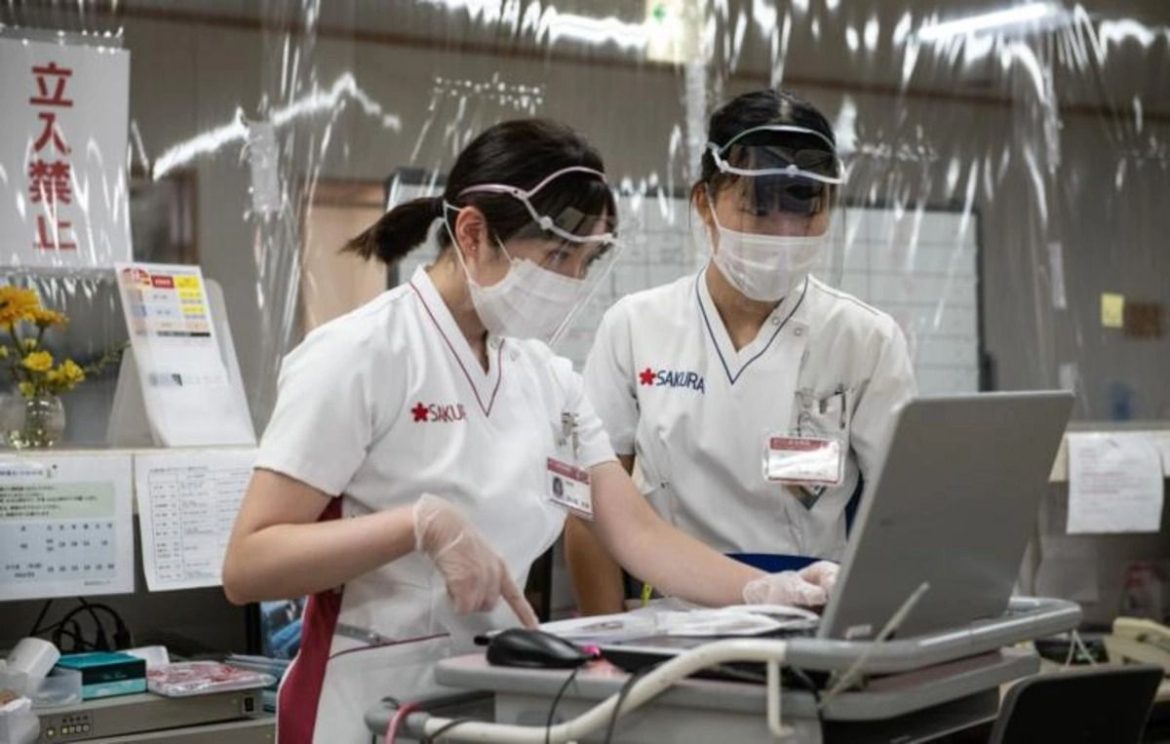WNAM REPORT: Kyoto University has announced plans to use Google’s artificial intelligence to develop new methods for producing induced pluripotent stem cells (iPSCs).
Researchers intend to leverage the AI Co-Scientist neural network to identify more efficient ways of converting ordinary cells into pluripotent ones. Hirohide Saito, head of the research group, said in Tokyo that collaboration with Google will allow the team to accelerate experiments and simplify the development of safe stem cell production techniques.
The AI Co-Scientist platform, developed by Google, is designed to generate scientific hypotheses and analyze complex datasets. Kyoto University will be the first institution in Japan to apply this AI tool to cellular technology research. The project aims to shorten the timeline from laboratory discovery to medical application, with scientists hopeful that AI will uncover strategies that are difficult to detect through traditional analytical methods.
Pluripotent stem cells are created by reverting ordinary cells to a state similar to embryonic cells. The induced version of these cells was first developed in 2006, when Japanese researchers introduced specific genes into mouse cells. Today, these cells hold immense promise for regenerative medicine, as they can potentially form human tissues and organs. This breakthrough could pave the way for treatments of numerous diseases, including diabetes.
Experts note that combining AI with stem cell research could revolutionize the speed and safety of developing new therapies, opening doors to medical advances that were previously considered decades away.


